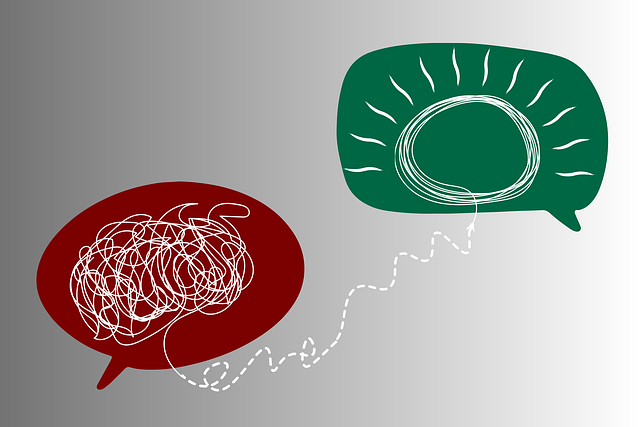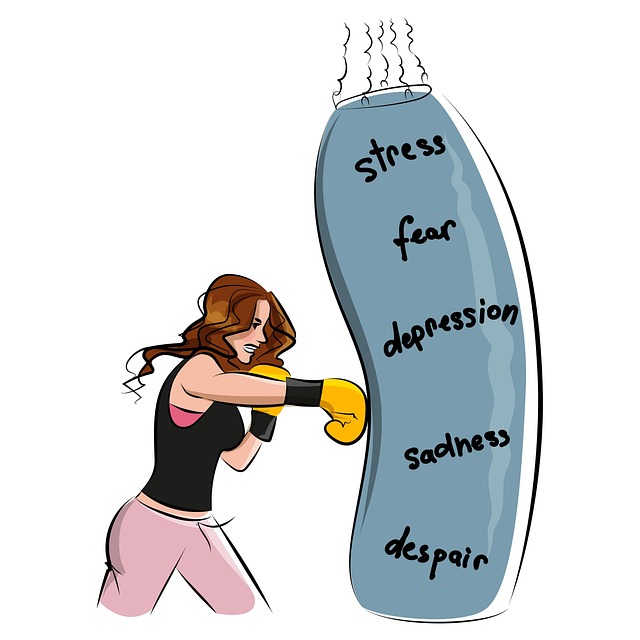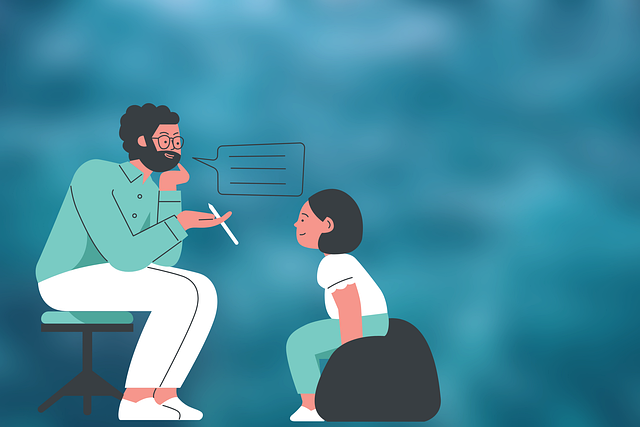Mental Health Crisis hotlines (24/7) offer vital support to adolescent teens with relationship problems, providing immediate, confidential spaces for expression and empowering them with healthy coping mechanisms. Trained professionals listen empathetically, guide teens to suitable therapy options, address underlying causes of distress, and promote long-term mental well-being through tailored emotional healing methods. These hotlines reduce stigma, foster open dialogue about mental health, and equip teens with tools for preventing depression and managing crises effectively.
“In today’s fast-paced world, mental health crises can strike without warning, especially among teens grappling with relationship issues. Mental Health Crisis Hotline support services serve as a crucial lifeline, providing immediate assistance and guidance during emergencies. This article delves into the significance of these hotlines, examining their role in empowering therapists to offer critical intervention to at-risk adolescent teens. We explore how accessible hotline services bridge the gap to essential therapy, fostering young minds’ resilience.”
- Understanding Mental Health Crisis Hotlines: A Lifeline for Teens Struggling with Relationship Issues
- The Role of Therapists in Supporting Adolescent Clients Through Emergency Situations
- Accessible Support: How Hotline Services Bridge the Gap to Essential Therapy for At-Risk Teens
Understanding Mental Health Crisis Hotlines: A Lifeline for Teens Struggling with Relationship Issues

Mental Health Crisis hotlines offer a crucial service for adolescent teens grappling with relationship issues, providing immediate support and a confidential space to express their feelings. These hotlines are designed to be easily accessible, often available 24/7, ensuring that young people in distress can connect with trained professionals whenever they need it most. The conversations initiated on these lines serve as a catalyst for self-reflection and the exploration of healthy coping mechanisms, which can include various self-care practices encouraged by mental wellness podcasts.
By fostering open dialogue, crisis hotline support services play a vital role in reducing the stigma surrounding mental illness among teens. This supportive environment encourages young individuals to seek therapy for adolescent teens with relationship issues, promoting their overall mental health and well-being.
The Role of Therapists in Supporting Adolescent Clients Through Emergency Situations

When adolescent clients face mental health crises, therapists play a pivotal role in providing immediate support and guidance. These professionals are trained to handle emergency situations, offering a safe space for teens to express their emotions and fears. Through active listening and empathy, therapists help adolescents explore the underlying causes of their distress, whether it stems from relationship issues with peers or family members. By fostering open communication, therapists empower teens to develop healthy coping mechanisms.
In these critical moments, therapists employ various emotional healing processes and stress reduction methods tailored to adolescent needs. They may incorporate trauma support services if necessary, ensuring a comprehensive approach to address past traumas that could be exacerbating the current crisis. The therapist’s role is not just to offer temporary relief but also to guide adolescents towards long-term resilience and better mental health management.
Accessible Support: How Hotline Services Bridge the Gap to Essential Therapy for At-Risk Teens

Mental health hotline services play a pivotal role in providing accessible support for at-risk teens facing relationship issues and emotional challenges. These 24/7 resources offer a confidential space where adolescents can reach out for help without feeling judged or stigmatized. Trained professionals on these hotlines are equipped to listen, empathize, and guide teens towards appropriate therapy options tailored to their unique needs.
By offering immediate assistance, hotline services bridge the gap between urgent emotional crises and long-term therapy. They provide valuable depression prevention strategies, emotional well-being promotion techniques, and positive thinking exercises that empower teens with coping mechanisms. This timely intervention can significantly impact a teen’s ability to access necessary therapy, fostering resilience and supporting their journey towards better mental health and overall well-being.
Mental health crisis hotline support services play a pivotal role in providing immediate assistance and guiding at-risk adolescent teens through relationship issues and emergency situations. By offering accessible and confidential therapy, these hotlines bridge the gap to essential mental health care, ensuring that struggling teens receive the support they need without delay. Understanding the critical role of therapists in these settings is key to fostering healthier futures for young individuals navigating complex emotional challenges.








